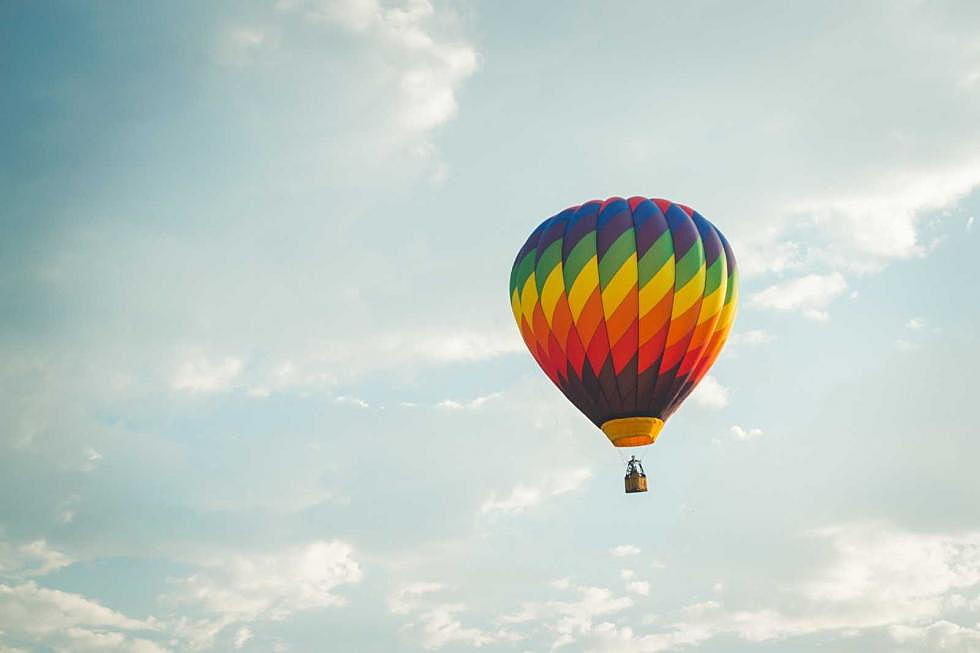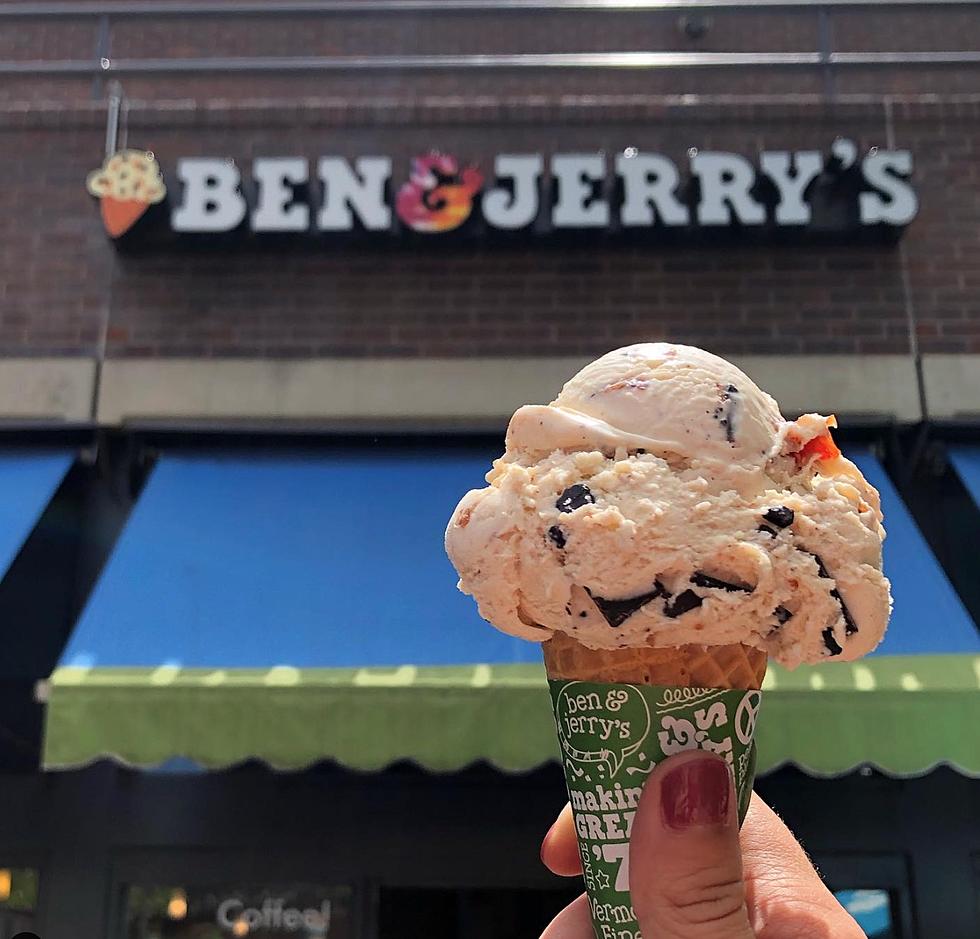
Birds Are Coming Back to Northern Colorado: How You Can Help Protect Them
Spring has officially sprung in Colorado — even though we'll probably get more snow before summer.
Still, nesting birds don't care about our wishy-washy weather, and they're making their way back to the Centennial State. As our avian friends begin to settle down in our local neighborhoods, it's important to do our part to keep them safe.
But how do we do that? Here are some tips from the City of Loveland:
1. Properly dispose of fishing lines.
Birds will pick up stray fishing lines to use in their nests. Unfortunately, baby birds get tangled in the lines, which often causes injury or death.
To avoid this, the City recommends putting used fishing lines in trash cans or collection tubes.
2. Remove baling twine from hay bales.
Baling twine is a popular nesting ingredient for ospreys. However, like fishing lines, it presents a danger to baby raptors.
You can recycle baling twine at centers in Fort Collins, Loveland, Berthoud, and Johnstown or dispose of it in a covered trash can.
3. Stay away from wildlife.
Nesting birds are cool to look at, but that doesn't mean you should go near them. Stay at least 300 feet away from birds, or see them up close via the City's nesting cam.
4. Leave natural areas alone.
If you've ever ridden a ski lift, you know that people love to throw necklaces on trees. Don't — this just creates more hazardous nest material.
5. Set up a bird feeder.
Leaving food and water out for birds can help them sustain energy to raise their young. To create a natural bird feeder, the City recommends covering a pine cone in peanut butter, dipping it in birdseed, and hanging it outside.
6. Keep your yard clean.
Keep your yard clean and free of unnatural materials like lint, string, yarn, hair, and trash. However, feel free to leave twigs and leaves lying around — birds can safely use these for their nests.
7. Get planting.
According to the City, planting native bushes and flowers provides birds with natural nourishment.
8. Let the bugs be.
It can be tempting to use pesticides in your yard, but try to avoid it. Birds will get rid of the bugs for you — and get a tasty treat in return.
9. Don't let the cats out.
You might love your kitty, but the birds do not. Keep your cat inside to stop it from hunting birds — or put a bell on its collar so birds can hear it.
10. Keep the lights out.
If you can, keep outdoor lighting to a minimum — this stops birds from crashing into your windows.
Nesting birds aren't the only avians that need protecting. Read more about how to keep geese safe on Northern Colorado roads here.
Common Butterflies of Colorado
Uncommon Animals of Colorado
More From Townsquare Fort Collins









